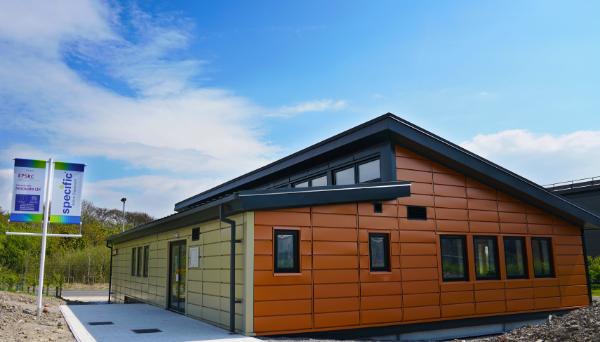A new solar power project called SUNRISE has been launched by Swansea University with the financial backing of the U.K. government to help bring solar power to remote Indian villages.
The program, funded to the tune of £7 million, will support the development of printed solar PV cells and new manufacturing processes that will help build five building integrated photovoltaics (BIPV) constructions in Indian villages able to harness and store solar energy.
Swansea University will lead a consortium of 11 other higher education establishments in the U.K. and India – including Oxford University, Cambridge University and Imperial College London – with a focus on building real-life examples of how solar energy can be cost-effectively integrated into the built infrastructure of even the poorest and remotest Indian villages.
The ultimate aim of SUNRISE, the university says, is to prove that solar not only works as an effective and reliable means of off-grid power, but also that it is a viable and appropriate technology for underserved communities – many of which still rely on polluting diesel power to generate their electricity.
Swansea University will work with its Indian counterparts to encourage local industries in India to manufacture affordable prefabricated buildings sympathetic to the inclusion of printed solar cells and storage technology.
SUNRISE will draw upon a real-world example already in situ at the Swansea University Bay Campus: an energy-positive, prefabricated classroom that has roof-integrated PV and two saltwater batteries that can store enough energy to power the building for two days.
The building, constructed by the SPECIFIC project, uses perforated steel cladding supplied by India’s Tata Steel that can store solar thermal energy in a water-based system.
“The energy-positive classroom we built shows that this technology works, successfully turning buildings into power stations,” said Swansea University head of research at the SPECIFIC project professor Dave Worsley. “This funding will enable us to export this model to support India’s plans to boost solar energy.
“The Swansea team will be working closely with our partner universities in the UK and India. Our hope is that if we can show this works on five villages in India, then it could be rolled out to other buildings in India and around the world.”
The U.K. government’s involvement comes via the Global Challenges Research Fund (GCRF), which is tasked with backing cutting-edge research that helps to address issues facing developing countries. Speaking about the project, U.K. government minister for universities and science Jo Johnson remarked that “successful projects receiving funding today highlight the strength of the UK’s research base and our leadership in helping developing countries tackle some of the greatest global issues of our time.”
This content is protected by copyright and may not be reused. If you want to cooperate with us and would like to reuse some of our content, please contact: editors@pv-magazine.com.








By submitting this form you agree to pv magazine using your data for the purposes of publishing your comment.
Your personal data will only be disclosed or otherwise transmitted to third parties for the purposes of spam filtering or if this is necessary for technical maintenance of the website. Any other transfer to third parties will not take place unless this is justified on the basis of applicable data protection regulations or if pv magazine is legally obliged to do so.
You may revoke this consent at any time with effect for the future, in which case your personal data will be deleted immediately. Otherwise, your data will be deleted if pv magazine has processed your request or the purpose of data storage is fulfilled.
Further information on data privacy can be found in our Data Protection Policy.